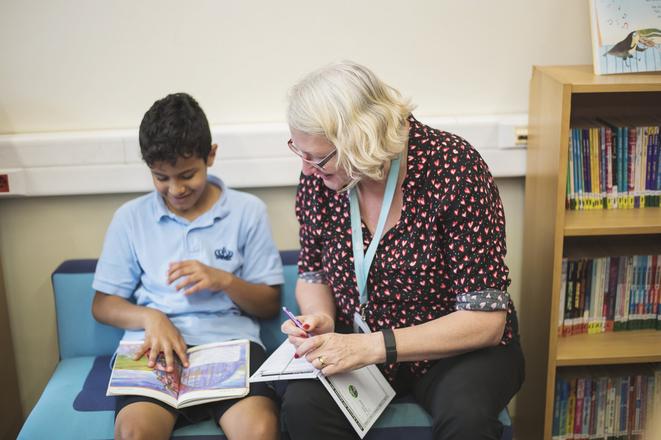Holy Roman Emperor, Charles V is reputed to have said, “I speak in Latin to God, Italian to Women, French to Men, and German to my Horse.“ We can question his attitudes to gender politics and equine husbandry, but there’s no doubt Charles V was a successful language learner, as at home in the salons of Siena as in the stables of Schleswig-Holstein.

We live in a multi-cultural world and one obvious way that we can enhance our engagement in it, is by learning a second language. English is a good choice as it is the most used and spoken language around the world. It is the language of international communication in science, diplomacy, sport, entertainment, aviation, and internet memes. Did you know that at least one in five people around the world can speak or understand English? After all, if Peter Sagan and President Emmanuel Macron want to discuss the Tour de France, they will probably do so in English.
But please spare a thought for the native speakers. The spread of English has made us the laziest language learners in the world. Imagine how we feel when we first arrive in a country like Slovakia and proudly try out our first halting phrases in Slovak only to be met with a response in fluent English delivered in a perfect British accent by a waiter who spent five years working in London. You can see how quickly our language learning motivation evaporates!
And what else do we miss out on? In the same way that physical exercise improves our muscles, learning a language strengthens the pathways between different brain functions. The cognitive gains are undeniable, with second language acquisition being linked to general improved memory, a greater ability to multitask and higher level critical thinking skills. This is a route to academic success. The polyglots have to work for it but the rewards are greater than the monoglots can imagine.
On a more personal level, learning a second language is an amazing confidence booster. Part of any learning is being willing to take a risk. In other areas of life we can generally try things out by ourselves to start with, but making mistakes in front of others is a necessary part of communicating in another language. I well remember my first winter here in Slovakia when I misunderstood a phrase and accompanying gesture, causing me to spend a month telling people, “som kabát“ (“I’m a coat“) rather than “I‘m cold“, before I was gently corrected. On the upside, there is an instant sense of achievement gained from having a conversation with someone in their native language, along with the potential for finding a new friend.
In addition, conversing with people from other countries can give you a competitive edge with potential employers. In the work arena, being able to speak a second language opens up opportunities. You are likely to command a higher salary than your monolingual counterparts and being able to speak with a business partner in their native language helps to break down barriers and elevate working relationships. All of this can lead to professional success and better business results.
Communities shape us, and having access, through language, to a wider range of groups can only enhance our insights into the world. In my role as Head of English as a Second Language at the British International School Bratislava, it’s life affirming to see students from over 40 different countries, all with their unique cultural identities, talking together in a common language. Every day students naturally see that there is so much more that brings us together – life long friendships are created on the playground and continue even after families move around the world. This is true hope for the future.
We can leave the final word to another great Holy Roman Emperor, Charlemagne, who established an almighty multilingual Empire, and declared that, “to have another language is to possess a second soul.“
Sarah Keys is Head of whole school EAL department at the British International School in Bratislava.
Author: Sarah Keys


 (source: British International School Bratislava)
(source: British International School Bratislava)